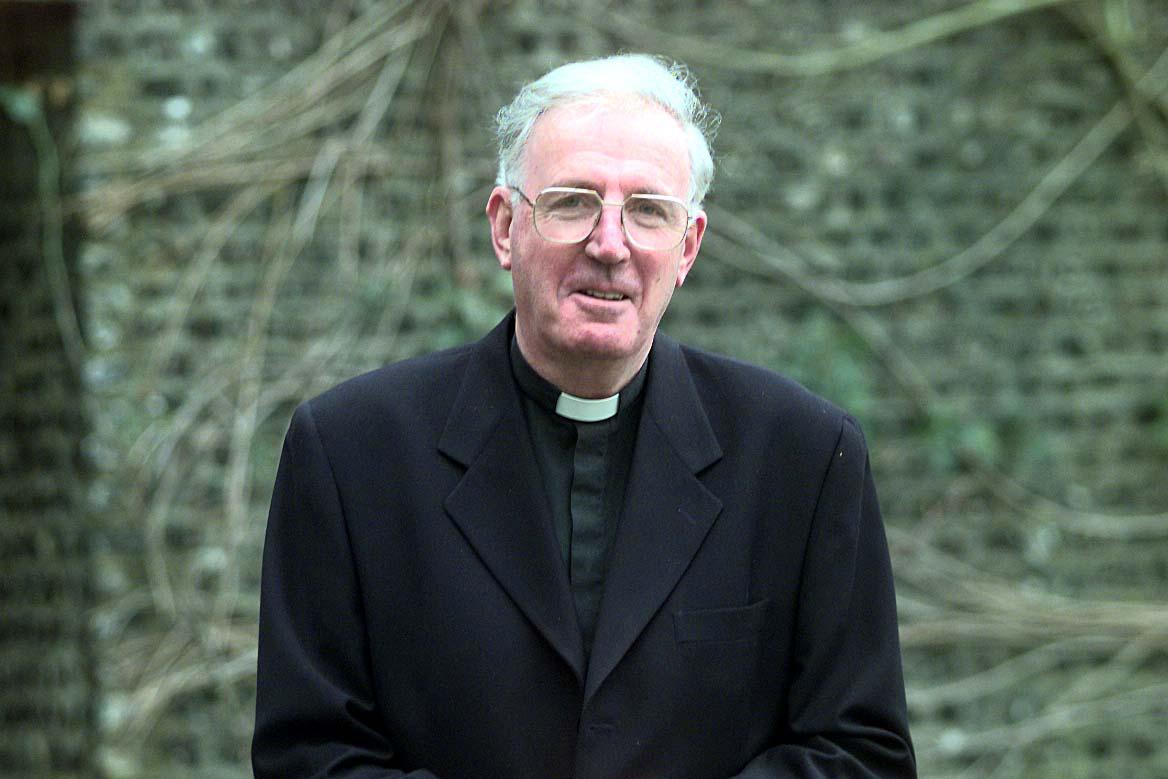Cormac Murphy-o’connor: Archbishop Who Reformed the Church after Scandal
By Olivier Holmey
Cormac Murphy-O’Connor, a British cardinal who failed to keep an abusive priest away from children and later sought to redeem that failing by overhauling the way clerical child abuse is addressed by the Catholic Church in England and Wales, has died at 85. The sex scandal that tarnished his career occurred in the Eighties but was only made public in the early 2000s, when a BBC report linked Murphy-O’Connor, then the Archbishop of Westminster, to Michael Hill, a priest who was convicted of sexual abuse. The report revealed that Murphy-O’Connor was made aware of Hill’s conduct towards children, and was advised that he might re-offend. But rather than inform the police, or transfer him to a post where he would no longer have access to children, Murphy-O’Connor appointed him chaplain at Gatwick Airport. Hill later admitted that four of his many offences happened after his appointment to the airport. Some of the boys he molested were disabled. Cormac Murphy-O’Connor, a British cardinal who failed to keep an abusive priest away from children and later sought to redeem that failing by overhauling the way clerical child abuse is addressed by the Catholic Church in England and Wales, has died at 85. The sex scandal that tarnished his career occurred in the Eighties but was only made public in the early 2000s, when a BBC report linked Murphy-O’Connor, then the Archbishop of Westminster, to Michael Hill, a priest who was convicted of sexual abuse. The report revealed that Murphy-O’Connor was made aware of Hill’s conduct towards children, and was advised that he might re-offend. But rather than inform the police, or transfer him to a post where he would no longer have access to children, Murphy-O’Connor appointed him chaplain at Gatwick Airport. Hill later admitted that four of his many offences happened after his appointment to the airport. Some of the boys he molested were disabled. He subscribed to the traditional social tenets of the Church, speaking up against abortion, contraception, same-sex marriage and the increasing secularisation of society, which he said had the effect of marginalising organised religion and undermining its credibility. Though not, by his own admission, an intellectual, Murphy-O’Connor rose through the Catholic hierarchy, first being appointed rector of the school where he had studied in Rome, then in 1977 being ordained Bishop of the diocese of Arundel and Brighton. In 2000 he was installed Archbishop of Westminster, the highest rank in the Catholic Church in England and Wales. “Everything started off fine for a few months, and then catastrophe,” he later said, referring to the outbreak of the Michael Hill scandal. He faced widespread criticism, and calls for his resignation, but refused to abandon his position. In an attempt to transform the Church for the better, Murphy-O’Connor commissioned an investigation to determine how children’s safeguarding could be improved. The recommendations produced were adopted by Catholic leaders around the world. He himself was later appointed by the Pope to lead an investigation into child abuse in Ireland. As archbishop he received the then-retired Prime Minister Tony Blair into the Catholic Church – one of the most high-profile such conversions in England in decades. In 2001 Murphy-O’Connor was created a cardinal by Pope John Paul II. In that capacity he joined the St Gallen group, a society of high-powered members of the clergy who met regularly to discuss reform of the Church. The group courted some controversy when it was reported that its own members referred to it as “The Mafia” and that it had secretly lobbied for the election of Jorge Bergoglio (now Pope Francis) over Joseph Ratzinger (Pope Benedict XVI) in the papal conclave of 2005. Murphy-O’Connor was the first Archbishop of Westminster to retire from that role, rather than die in office. During his retirement he was offered a peerage, which would have made him the first Roman Catholic bishop in the House of Lords since England’s break from Rome in the 16th century. The UK’s National Secular Society objected to the honour, attacking Murphy-O’Connor’s views on social mores and his “soiled record over child abuse”. In the end, Pope Benedict blocked him from accepting the seat, on the grounds that the Church should demonstrate its independence from politics. Murphy-O’Connor, who played the piano and was a rugby enthusiast, said that he sometimes missed having a family of his own. But he accepted that sacrifice as an intrinsic part of clerical life. Pope Francis, whose election to the papacy in 2013 Murphy-O’Connor allegedly worked behind the scenes to secure, praised in a condolence message the cardinal’s “far-sighted commitment to the advancement of ecumenical and interreligious understanding”. Underlining that point, Justin Welby, the Church of England’s most senior cleric, called his death “a huge loss” to both the Church and the country. When asked in a recent interview to reflect on his life as a priest, Murphy-O’Connor said: “Each of us has a certain role in life. There’s a temptation to chop and change, but there’s a certain integrity in keeping on, whatever your weaknesses or failures.” He added: “I would just say I’ve tried to be a good shepherd.”
|
.
Any original material on these pages is copyright © BishopAccountability.org 2004. Reproduce freely with attribution.
